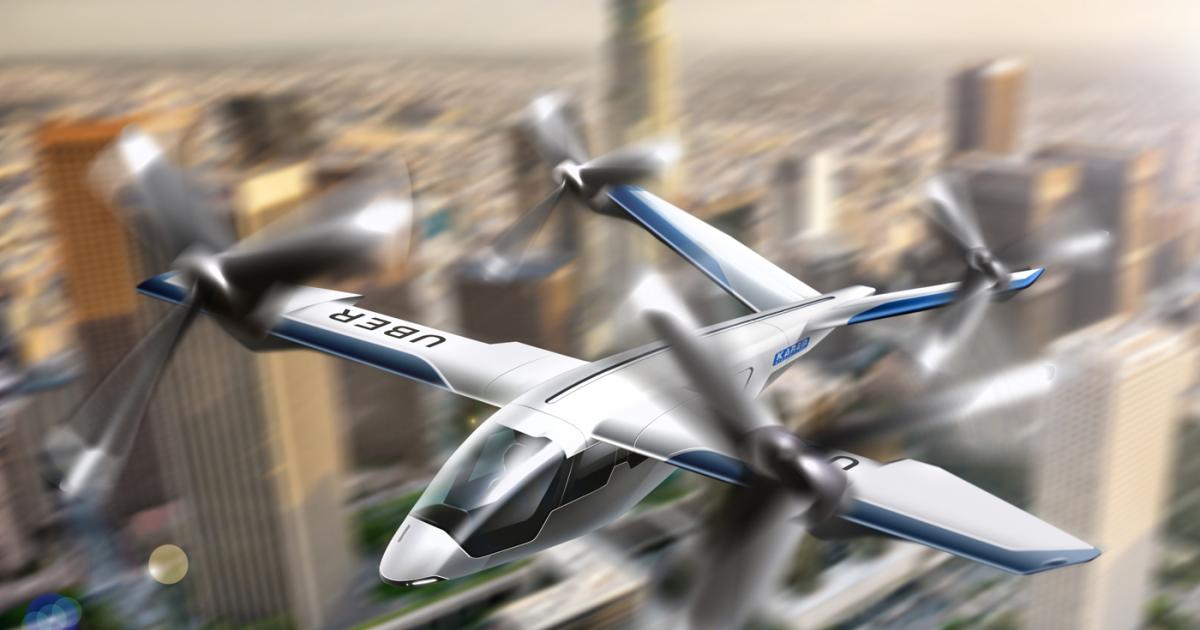Overair Maintains Wall of Silence Over Plans for Butterfly eVTOL Aircraft
In a presentation to the Vertical Flight Society that was almost devoid of any significant detail, company CEO Ben Tigner insisted that the model is on track to complete type certification in 2025.

